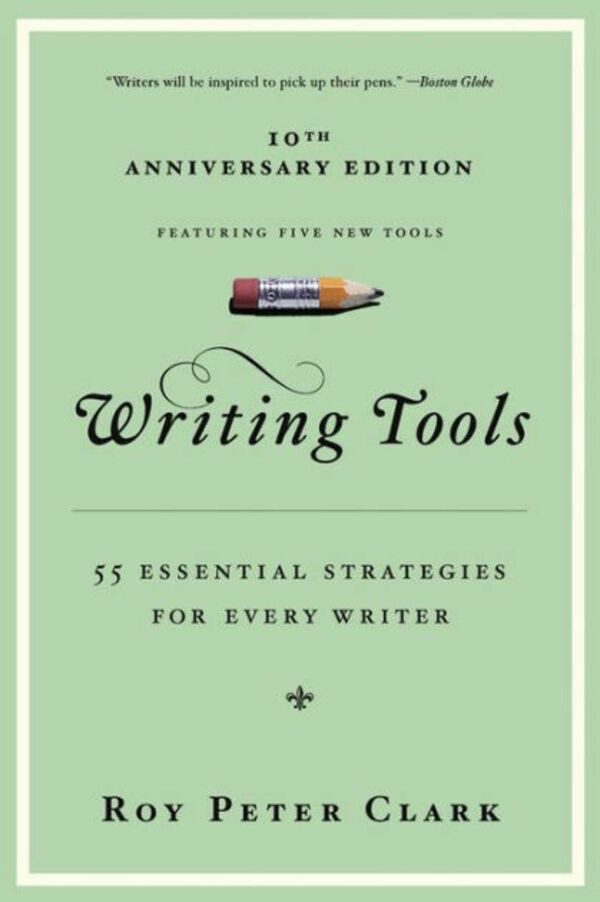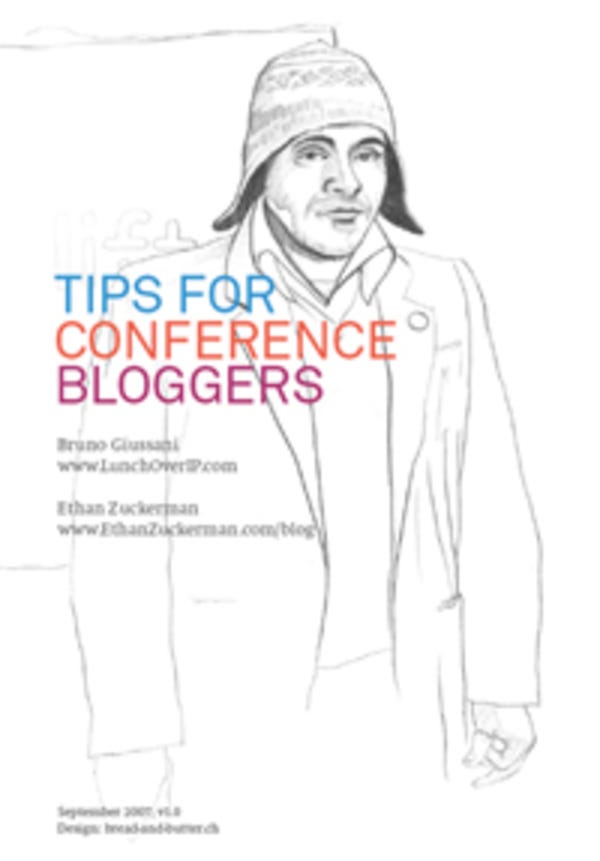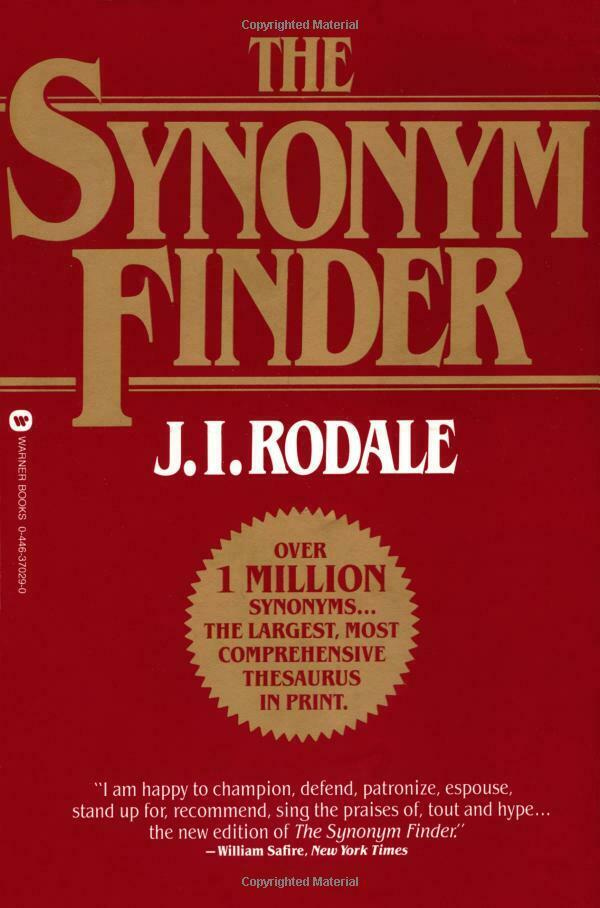Take a Nap! Change Your Life
Best tips for naps
Napping is a evolutionarily habit that still works wonders today. I can get by with several hours less sleep per night by adding a 20-minute nap in the afternoon. But I work at home where napping is easily done. The point of this book is to persuade you that the benefits of napping, scientifically derived, are so great you should do everything you can to make napping a habit whatever your schedule. As this concise guide makes clear the benefits to nappers are significant: smarter, more productive, healthier. For those who have tried napping without success, this book offers several different methods to try. It is hard to imagine the siesta returning in full force in the workplace, but it should be resurrected in some fashion. Start here. This is the best practical book on naps yet.
06/19/19Excerpt
It's free, it's nontoxic and it has no dangerous side effects. Hard to believe, with these powerful selling points, that people have to be convinced to nap. But alas, for way too long, napping has been given a bad rap.
*

*
I'm often asked if a nap during the day will interfere with nocturnal sleep. The answer is a definite no. Unfortunately, many information sources on sleep hygiene encourage people to avoid napping if they're having trouble sleeping at night. Not only is there not a shred of evidence to support this advice, but much of the data coming out of sleep research demonstrates quite the opposite. In studies across all age ranges, nocturnal sleep duration has been proven to be unaffected by midday napping. As a matter of fact, studies indicate that in a number of cases napping actually improves the ability to sleep at night.
*
As a rule of thumb, you can count on naps earlier in the day to be richer in REM, while late afternoon naps tend to be higher in SWS. If you take particular interest in your dreams, waking up during or right after a heavy REM episode will allow you the greatest recall of your dream imagery. If you feel like one of "the walking tired," a heavy SWS does will take care of that.
*
It bears repeating: There's no such thing as a bad nap. Any time you spend in midday sleep will reduce the effects of fatigue and bestow benefits. But our nap needs differ across populations and will change over the course of our lives. A mother's requirement is not the same as that of her three-year-old toddler. The sleep profile of a middle-aged football coach had little in common with that of a teenage beauty contestant.
*
"Who's got time to nap?" is a common complaint among non-nappers. The short answer is: just about everyone. if you spend 20 minutes or more at Starbucks getting an afternoon mocha latte, couldn't you just stay where you are and take a nap instead? So, before you conclude that napping doesn't fit into your busy life, take out your day planner and examine your schedule. By carefully reviewing the activities of your day and the time it takes to do them, you can assess which time expenditures are unnecessary and where a nap can be substituted. How long is your lunch? A paralegal with an hour lunch break reports that she can eat in half an hour and keep the second half for her nap. Or do what I do and pencil in 20 to 40 minutes as soon as your get home for a transition nap between work and leisure.
Once you've carved out these precious minutes, you need to make this nap time a regular feature of your day. Just as we've developed a detailed trail of cues for our minds and bodies to recognize that it's time for nighttime sleep, we need to fashion a similar set of cues that will indicate that it's nap time. Consistent scheduling allows the body to associate that hour with the nap and all other concerns to more easily fade away.
*
"If I nap I'm being lazy."
Some of the most hardworking figures in history--national leaders, scientists, CEOs, movie stars--have used napping as a tool to get more out of each day. As demonstrated by the latest brain imaging technology, your mind is still at work even if your body is at rest.
Replace with: "Napping makes me more productive."
"I'm too busy to nap."
Just look around your office at 3 p.m. More than likely, instead of a hive of industrious activity, you'll see a bunch of bleary-eyed workers checking and rechecking their e-mail. As the great napper Winston Churchill said, "Don't think you will be doing less work because you sleep during the day. You will be able to accomplish more. You get two days in one… well, at least one and half." The latest scientific research has proven him correct.
Replace with: "I'm so busy, I need to nap."
"I haven't done enough to deserve a nap."
Do you deserve to eat? To breathe? No natural function--including napping!--should be regarded as a privilege. Stop cheating yourself.
Replace with: "I'm exercising my inalienable right to nap."
"I can't get anything out of a 20-minute nap, so why bother?"
You can reap benefits in as little as five minutes. Naps under 20 minutes can increase alertness, improve physical dexterity, boost stamina and lower stress. Post-lunch naps of 15 minutes have been shown in university studies to increase alertness and performance.
Replace with: "In less than 20 minutes, I will restore my alertness for the rest of the day."
(This is a Cool Tools Favorite from 2011 — editors)
Take a Nap! Change Your Life Sara C. Mednick, Ph.D. 2006, 141 pages $11









